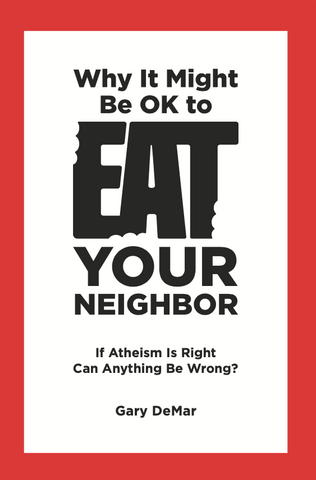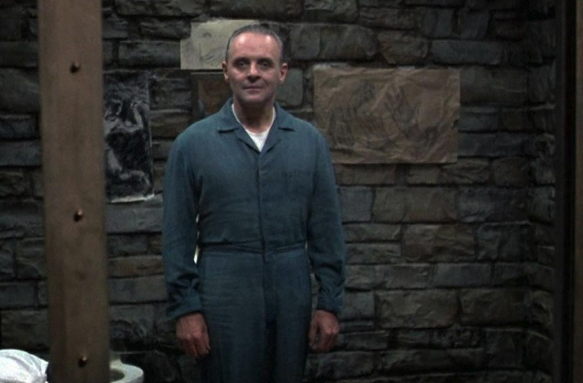What does cannibalism have to do with abortion? More than you might think.
Michael Dowd, a minister and author of the book Thank God for Evolution!: How the Marriage of Science and Religion Will Transform Your Life and Our World, writes the following in his recently published article “Thank God for the New Atheists”:
Let the story of evolution be told in ways that engender familial love and gratitude, that we are related to everything—not just monkeys, but jellyfish and zucchini, too.
If we’re related to zucchini, and it’s OK to eat zucchini, then, given evolutionary assumptions, why was it wrong for one man to kill, chop up, and eat another man?
If animal behavior is a template for human behavior, then why can’t a similar case be made for rape among human animals? As hard as it might be to imagine, the connection has been made. Randy Thornhill, an entomologist and evolutionary biologist who teaches at the University of New Mexico, and Craig T. Palmer, an anthropologist who teaches at the University of Missouri-Columbia, attempt to demonstrate in their book A Natural History of Rape that evolutionary principles explain rape as a “genetically developed strategy sustained over generations of human life because it is a kind of sexual selection—a successful reproductive strategy.”
Margo I. Wilson writes that “evolved adaptation of some sort gives rise to rape; the main evolutionary question is whether rape is an adaptation itself or a by-product of other adaptations.” It doesn’t matter in a world where something came from nothing, and the resultant something preyed on other evolved somethings for the propagation and survival of the species. If rape is a consequence of evolution, then there shouldn’t be any ethical aversion to it. In a sense, rape is how we got here.
If we are truly the products of evolution, then there can be no moral judgments about anything, including rape. An article published in The Sciences, a New York Academy of Science magazine, stated that “rape is a ‘natural, biological’ phenomenon, springing from men’s evolutionary urge to reproduce.”

Why It Might Be OK to Eat Your Neighbor
Love your neighbor, or eat him? The most damning assessment of a matter-only cosmos devoid of a Creator is that we got to this place in our evolutionary history by acts of violence whereby the strong conquered the weak with no one to support or condemn them. Why It Might Be OK to Eat Your Neighbor repeatedly raises the issue of accounting for the conscience, good and evil, and loving our neighbor. It’s shocking to read what atheists say about a cosmos devoid of meaning and morality.
Buy NowWhat does cannibalism have to do with abortion? More than you might think. Both topics are logical conclusions and perfectly acceptable once the Christian foundation is removed. When nature, red in tooth and claw, becomes the interpretative standard, what actually separates the 4-legged animals from the 2-legged ones?

